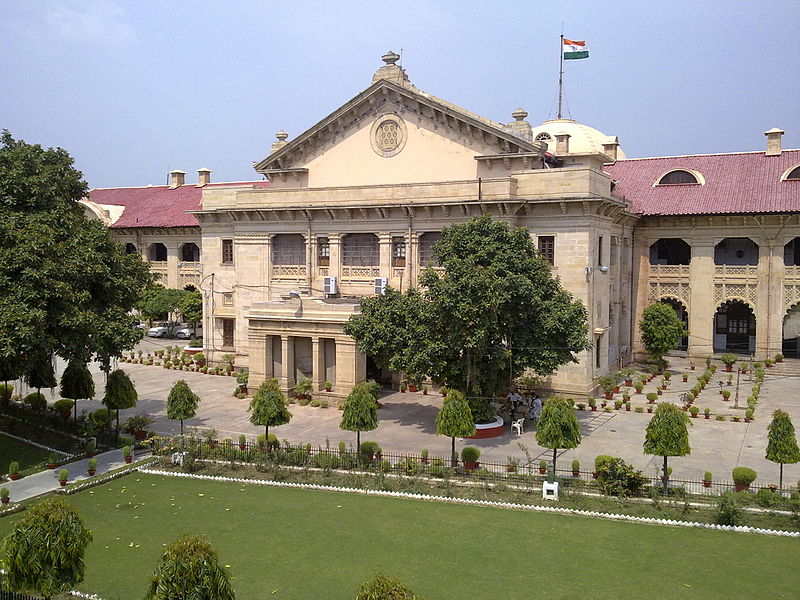The Allahabad High Court framed a bunch of questions regarding

The Allahabad High Court framed a bunch of questions regarding the issues related to religious educational institutions like Madarsa vis-a-vis the role of and interplay between the State Government and such institutions within the constitutional framework.
Madarsa Anjuman Islamia Faizul Uloom And Another v. State Of U.P. And Ors.
The Bench of Justice Ajay Bhanot was hearing the plea of a Madarsa duly recognized by the Madarsa Board and aided by the State Government seeking the creation of additional posts of teachers in view of increase in no. of strength of students.
Recently the Uttar Pradesh Government had rejected the application for the creation of additional posts in Madarsa, aggrieved to which the petitioner challenged the Uttar Pradesh Government decision.
The court before proceeding with the matter asked the State Government to bring in the record the syllabus/courses, conditions, and standards of recognition including the requirement for playgrounds at the Madarsas and all other religious institutions which are recognized or aided by the State Government.
The Court has framed the following questions for consideration based on the submissions made by the Advocates:
- Whether the policy of the State Government to provide financial aid to educational institutions which impart religious education is consistent with the scheme of the Constitution, particularly, in light of the word “Secular” in the Preamble to the Constitution of India?
- Whether Government funding of institutions run by religious minorities which impart religious education faithfully implements the constitutional protection afforded to all religious faiths especially religious minorities in the country, especially with reference to provisions of the Constitution from Articles 25 to 30 of the Constitution of India?
- Whether the institutions which impart knowledge in diverse fields and also include courses in theological learning come within the ambit of the phrase “religious instruction or religious worship” or only schools which exclusively impart religious education come within the ambit of Article 28 of the Constitution of India?
- Whether the absence of a mandatory provision for playgrounds for recognition even for Madrasas and other religious institutions is incompatible with the rights of children conferred by Article 21 read with Article 21A of the Constitution of India?
- Whether other religious minorities are also provided government aid for running theological schools?
- Whether there is a prohibition against women from applying as students in religious schools and if so whether such bar is an act of discrimination prohibited by the Constitution?
The State Government was directed to file a counter affidavit within a period of 4 weeks.





